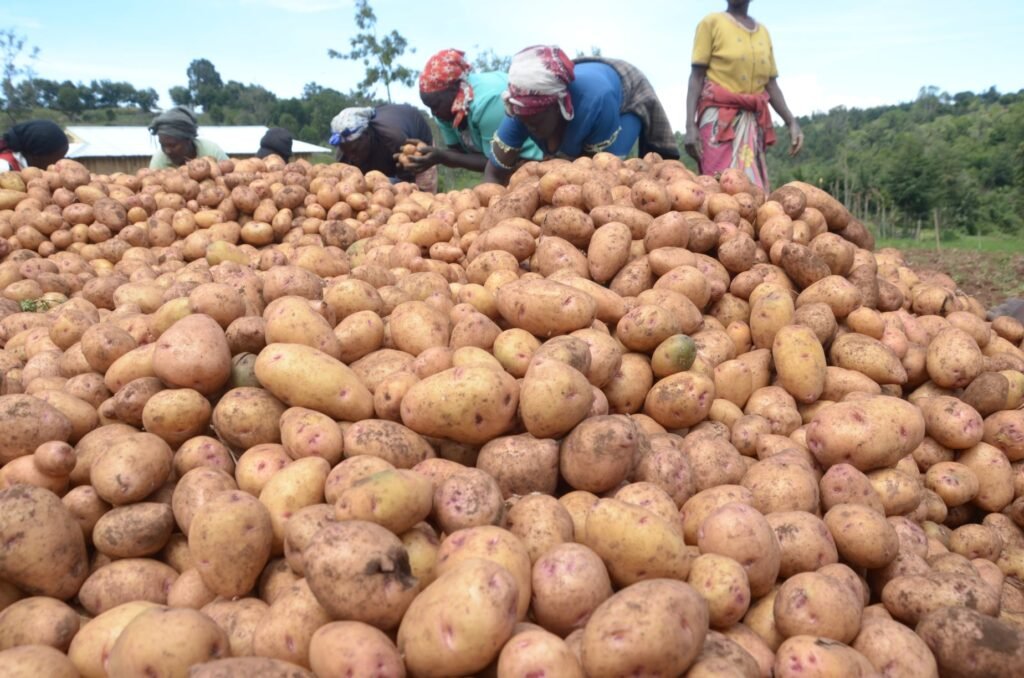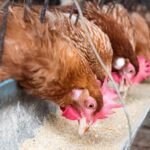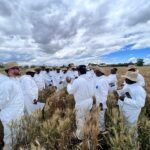By Zablon Oyugi, November 29, 2024, Egerton University, the National Potato Council of Kenya (NPCK), and the Kenya Agricultural and Livestock Research Organisation (KALRO) have joined forces to advance sustainable potato production in Kenya.
In July 2024, the three institutions launched the Kenya Sustainable Potato Initiative (KSPI), a three-year project aimed at increasing potato yields, profitability, and climate-smart farming practices.
The US$1.5 million initiative targets direct benefits for 150,000 potato farmers, with an emphasis on supporting women (40%) and youth (10%). It also aims to indirectly reach 300,000 farmers through value chain additions and create over 4,000 youth employment opportunities.
Transforming Potato Farming
KSPI will focus on Kenya’s top potato-producing counties—Nyandarua, Meru, Laikipia, and Nandi—by strengthening 400 farmer groups in these regions. Farmers will gain access to structured marketing systems, farm inputs, and fair pricing mechanisms, while farmer groups will be digitized to improve efficiency.
“Potato is the second-most consumed food in Kenya after maize, making it critical to both the country’s diet and economy,” said Professor Anthony Kibe, agronomist and Egerton University’s lead on the KSPI project.
Potatoes are grown by over 800,000 farmers and provide employment to more than two million people. Despite contributing over KES50 billion (US$385 million) annually to the economy, Kenya’s potato production—currently at nine tons per hectare—lags behind countries like Egypt, which produces up to 40 tons per hectare.
Tackling Challenges
Kenya’s potato production faces several hurdles, including: Limited access to certified seeds, with only 5% of farmers using certified varieties, poor pest and disease management, lack of access to farm inputs such as fertilizer, dependence on rainfall instead of irrigation, which countries like Egypt have heavily invested in and limited research and policy prioritization compared to maize farming.
To address these issues, KSPI will promote climate-smart technologies, mechanized farming, and better agronomic practices. Farmers will also be trained to reduce post-harvest losses by 50%, improving the sector’s overall efficiency and sustainability.
Building Capacity and Seed Systems
The initiative includes experiential learning for 190 students and youth, integrating them into the value chain. Village-based advisors will also receive training in innovative potato production and management practices.
Professor John Nderitu, NPCK board chairman, emphasized the importance of certified seeds, stating that KSPI aims to increase certified seed production from 900 metric tons to three times that amount over three years. This effort will build a robust seed production system, giving farmers access to high-quality seeds and appropriate varieties.
Aligning with National Goals
The KSPI initiative supports Kenya’s Vision 2030 goals and the government’s bottom-up economic strategy by raising small-scale farmers’ incomes and creating job opportunities for youth.
“Potato is finally getting the recognition it deserves as a strategic crop that can contribute to Kenya’s economic development,” Kibe noted. “KSPI will also offer attachment and internship opportunities for students to gain hands-on experience in potato farming and management.”
The project is expected to conclude in June 2027, setting the stage for a revitalized potato sector poised for long-term sustainability and economic growth.







